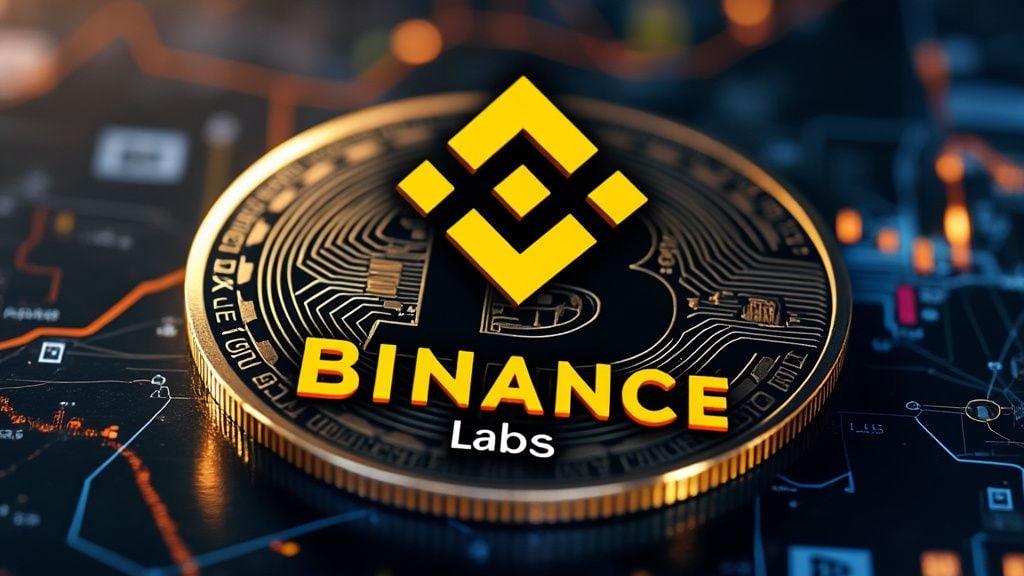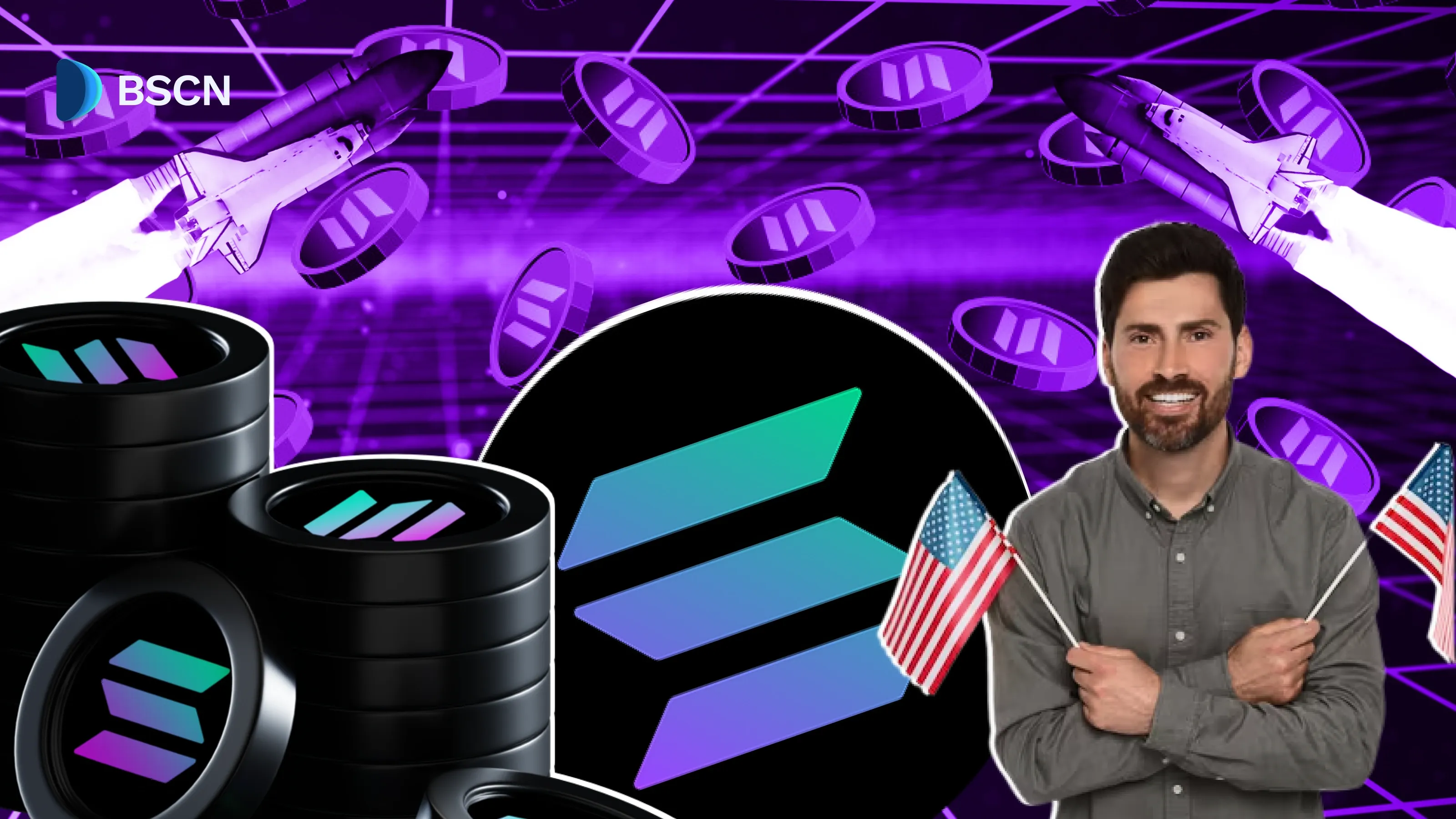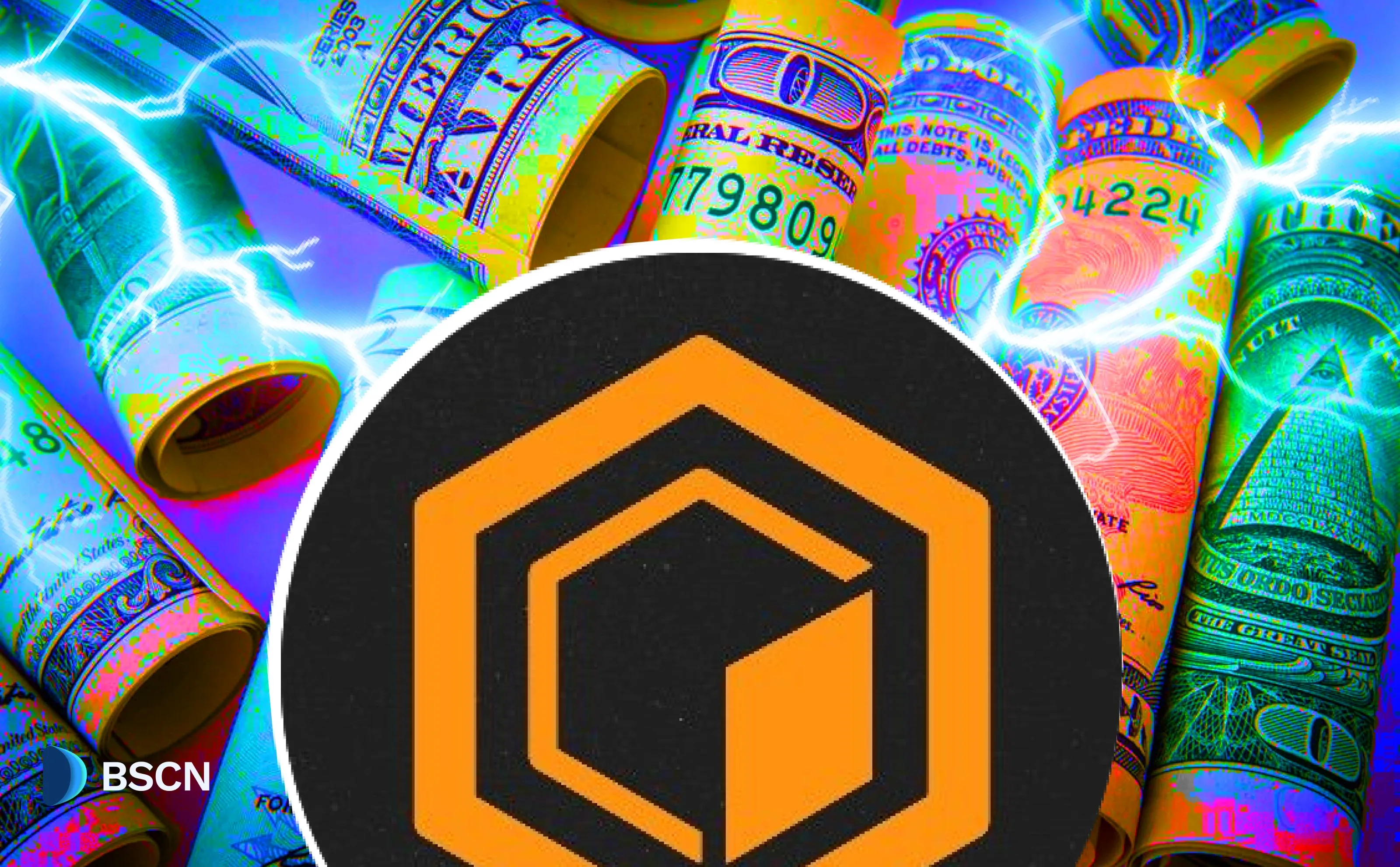BTC
Binance Labs's Latest Investment: What Is Lombard Finance?

Lombard’s key product, LBTC, allows Bitcoin holders to earn rewards through staking while maintaining full liquidity of their assets.
BSCN
October 17, 2024
Binance Labs, the venture capital arm of the crypto exchange Binance, recently invested in Lombard Finance, a Bitcoin liquid staking platform. The startup's total funding now stands at $17 million, according to The Block.
But what exactly is Lombard Finance, and why is Binance Labs betting on it?
What is Lombard Finance?
Lombard Finance is a Bitcoin liquid staking platform that aims to unlock the potential of Bitcoin within the DeFi ecosystem. It allows users to stake their Bitcoin and receive a liquid staked token (LST) known as LBTC, a one-to-one Bitcoin-backed asset. Through this, users can earn staking rewards while maintaining the liquidity of their holdings.
Built on top of Babylon, another Binance Labs-backed Bitcoin staking project, Lombard Finance seeks to leverage Bitcoin's vast market cap—currently over $1 trillion—and channel a portion of it into DeFi. By doing so, Lombard offers a way for Bitcoin holders to participate in the expanding decentralized economy while earning returns on their holdings.
Why Binance Labs Invested in Lombard
Binance Labs’ interest in Lombard Finance stems from the platform's ability to connect Bitcoin with the growing DeFi space.
Despite Bitcoin being the most valuable cryptocurrency, its utility within DeFi remains limited compared to assets like Ethereum. Lombard aims to change this by making Bitcoin more productive through its liquid staking solution, LBTC.
Andy Chang, Investment Director at Binance Labs, highlighted Lombard’s potential, stating:
“Lombard’s approach to integrating Bitcoin with DeFi addresses a clear market need, and LBTC’s fast growth demonstrates user interest to unlock more utility from their Bitcoin holdings.”
Lombard’s Core Offering: LBTC
At the heart of Lombard’s platform is LBTC, a liquid Bitcoin token. LBTC enables users to stake their Bitcoin, earn native yields, and still have the flexibility to move and use their assets across multiple blockchains. It combines the security of Bitcoin with the liquidity and versatility of DeFi, offering a range of benefits:
Earn Staking Rewards: By staking Bitcoin through Lombard, users receive staking rewards from Babylon’s network. This allows users to generate passive income while still holding their Bitcoin.
Cross-Chain Compatibility: LBTC is designed to be compatible across major blockchain ecosystems, allowing users to move their Bitcoin across chains without losing liquidity or security.
DeFi Integration: LBTC can be used in various DeFi protocols, including lending, borrowing, yield farming, and liquidity provision. This makes Bitcoin more functional within DeFi while maintaining its core value.
Security: Unlike other wrapped Bitcoin solutions that rely on centralized or unsecured bridges, LBTC reportedly offers a more secure alternative backed by Bitcoin and supported by decentralized networks.
LBTC for Bitcoin
Bitcoin is often seen as a passive store of value, with a large portion of its $1 trillion market cap sitting idle. Lombard sees this as an untapped opportunity.
According to Lombard, if even a small percentage of Bitcoin’s value—say, 10%—flows into DeFi through platforms like Lombard, it could dramatically increase the total value locked (TVL) in the DeFi ecosystem. This would boost the entire decentralized economy, benefiting Bitcoin holders and DeFi users alike.
The Role of the Lombard DeFi Vault
One of the key products Lombard offers is the Lombard DeFi Vault, an automated yield management solution that maximizes returns on Bitcoin. This vault accepts both wrapped Bitcoin (WBTC) and LBTC, allowing users to participate in DeFi strategies without needing to actively manage their positions.
The vault allocates deposits across various DeFi platforms, such as Aave, Uniswap, and Pendle, optimizing yields through a balanced mix of liquidity provision, lending, and yield farming. Users receive a token called LBTCv, representing their share of the vault’s balance, including both principal and accumulated yield.
Future Plans for LBTC
Lombard’s roadmap includes expanding LBTC’s presence across multiple blockchains, starting with Binance’s BNB Chain. Over time, LBTC will become available on other chains with significant DeFi activity, such as Ethereum Layer 2 solutions (Base, Arbitrum) and Solana, according to the Lombard team.
Lombard is currently working on integrating LBTC with Ethereum DeFi protocols in Phase 2 of its roadmap. In Phase 3, LBTC will reportedly be available on multiple Layer-2 chains and Layer-1 networks, along with deeper integration with Babylon's Bitcoin Staking Protocol.
Babylon's most recent Cap 2 shows Lombard as the platform's largest contributor, with over 7,100 BTC delegated.
Since Lombard launched in August, it has grown to hold over 40% of the Bitcoin LST market, with a Total Value Locked (TVL) of over $500 million from over 12,500 users, according to Dune.
Disclaimer
Disclaimer: The views expressed in this article do not necessarily represent the views of BSCN. The information provided in this article is for educational and entertainment purposes only and should not be construed as investment advice, or advice of any kind. BSCN assumes no responsibility for any investment decisions made based on the information provided in this article. If you believe that the article should be amended, please reach out to the BSCN team by emailing [email protected].
Latest News
Crypto Project & Token Reviews
Project & Token Reviews
Comprehensive reviews of crypto's most interesting projects and assets
Learn about the hottest projects & tokens
Latest Crypto News
Get up to date with the latest crypto news stories and events








